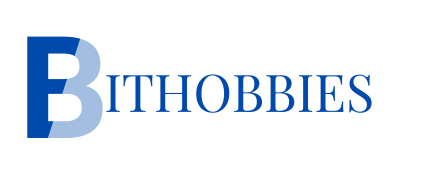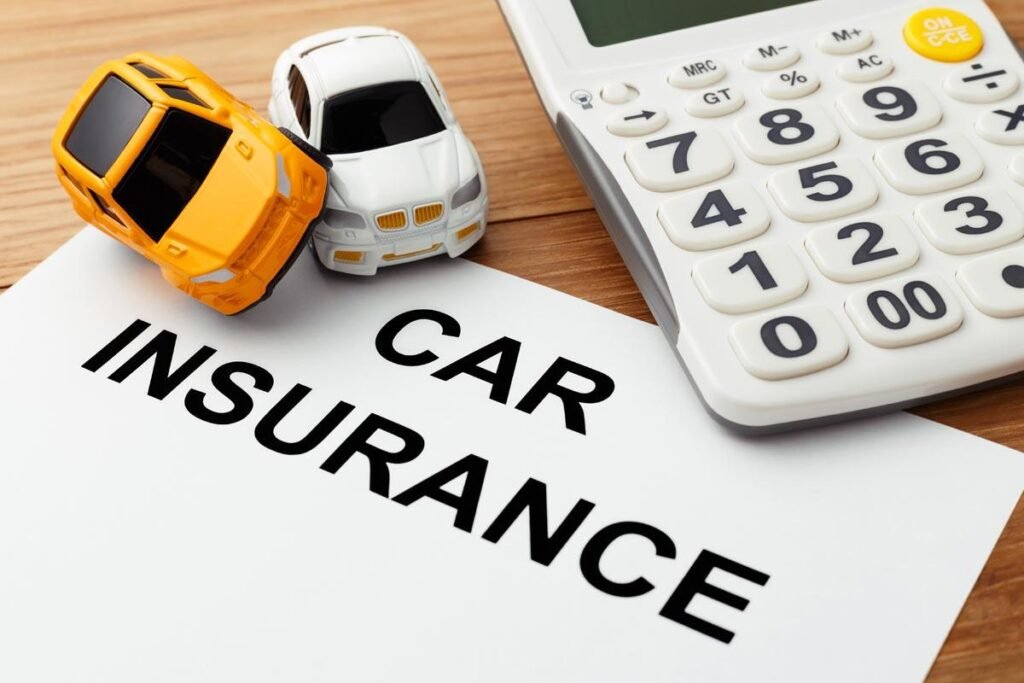In today’s world, people are mindful of the reputation of insurance. With the growing trend or interest towards getting insurance of policy to protect their assets, people find the best Insurance Companies in Pakistan. Several well-known insurance companies in Pakistan offer various insurance products, including life, health, motor, and general insurance.
- State Life Insurance Corporation of Pakistan
One of the largest insurance providers in Pakistan, State Life is a government-owned corporation with a strong presence across the country. It provides many life insurance products, investment-linked plans, group life insurance, and individual policies.
- Jubilee Life Insurance
Jubilee Life provides various life insurance products, such as term and whole life insurance, savings and investment plans, and health insurance. To reach a wider audience, it partners with banks and financial institutions.
- Adamjee Insurance Company
Adamjee Insurance is one of the largest general insurance providers in Pakistan. It offers motor, fire, marine, health, travel insurance and specialised products like crop and engineering insurance.
- EFU Life Assurance Ltd.
EFU Life offers various life insurance products, including individual life plans, group life insurance, and pension schemes.
- TPL Insurance
TPL Insurance is known for its innovative products, particularly motor and travel insurance. It also offers health, property, and marine insurance. TPL is a digital-first insurer with advanced tech solutions for its customers.
- Allianz EFU Health Insurance
Allianz EFU specialises in health insurance and offers individual and group coverage. Its products include hospitalization plans, maternity benefits, and outpatient services.
The Whole procedure to get Car Insurance in Pakistan:
When selecting a provider for Car Insurance in Pakistan, consider the following factors:
Reputation and Reliability:
Look for a company with good customer reviews and a strong market presence.
Premium Rates:
Compare the premiums of different companies to find a plan that offers the best value for your budget.
Claims Process:
Research how efficient and customer-friendly the claims process is, as this will impact how easily you can recover costs in case of an incident.
Coverage Options:
Certify the provider bids the policy you need, such as third-party responsibility or complete insurance.
Get a Quote
Once you’ve acknowledged a few potential insurance suppliers, the following step is to get a quote. You can do this online through the insurance company’s website or by visiting a local branch. Many companies offer online calculators that allow you to estimate the cost of the premium based on:
Vehicle Make and Model:
Luxury or high-end cars may attract higher premiums.
Year of Manufacture:
Newer vehicles often have lower premiums due to modern safety features.
Driving History:
A clean driving record with no claims or accidents may reduce the premium.
Coverage Type:
Complete insurance will charge more than third-party responsibility insurance.
Submit the Application
Finally, when you get a quote, you can apply and choose your ideal insurance plan. The application typically requires:
Personal Information:
Your name, address, and CNIC details.
Vehicle Information:
Registration aspects, engine frame numbers, and the car’s market cost.
Driving License:
A valid driving license is essential for obtaining insurance. Many companies also want a physical vehicle assessment to evaluate its condition before deciding on the policy. The inspection typically involves checking the car for pre-existing damage and confirming the make and model.
Pay the Premium
Once the application is approved, you must pay the insurance premium. Payment options typically include:
Online Banking:
Many companies offer digital payment methods for convenience.
Bank Transfer:
Direct transfer to the insurance company’s account.
In-Person:
Payment at the insurance company’s branch or through authorised agents.
Generally, insurance companies can reimburse the premium in full or in instalments, depending on the policy.

Receive Your Insurance Policy
After the payment is administered, the chosen company will release your car insurance policy. The policy document will include:
Policy Number:
A unique identification number for your policy.
Coverage Details:
A summary of what is covered under your chosen plan.
Terms and Conditions:
The fine print, including exclusions and conditions for making a claim.
Reading through the policy document sensibly is vital to know all the conditions. Keep the files and documents safe, as you’ll need them in case of a claim.
File Claims When Necessary
In the doomed event of an accident, robbery, or damage to your vehicle, you must file an insurance claim. To initiate the claim process:
Provide Documentation:
You must submit documents like a police report (in case of theft or accident), the insurance policy, and repair estimates.
Vehicle Inspection:
An insurance company representative may inspect the vehicle before approving the claim.
Claim Settlement:
Once accepted, the insurance company will pay for the repayment of your charges.






More Stories
Why Should You Choose Custom Sandwich Paper?
Transform Your Packaging Strategy with Custom Greaseproof Paper
Everything You Need to Know About Bath Bomb Boxes